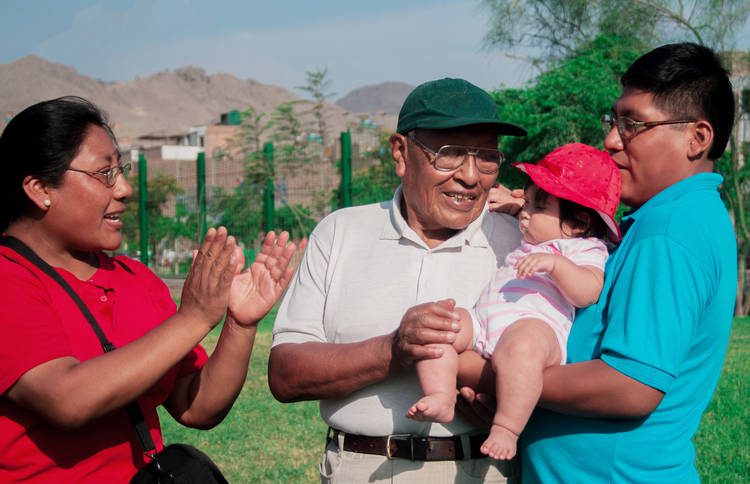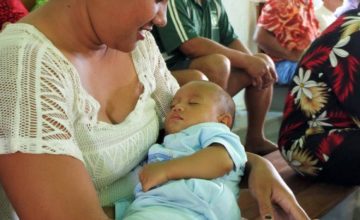Observing Holidays Through Truthful Lenses
For parents thinking about social justice, Columbus Day and Thanksgiving each present a dilemma. How can we observe these holidays in a way that honors the experiences of Native Americans and tells the truth about American history? Read on for ideas.
Columbus Day/Indigenous Peoples’ Day—The “history” around Columbus’s arrival in America is not the heroic story many of us were taught. Here are some recommendations for parents:
- Only teach the truth. Columbus and the people he met were not friends. Explain this historical event in language appropriate for toddlers and preschoolers. Columbus sailed his ship and eventually landed on Caribbean islands near the United States. He did not “discover” America. There were already many, many people living across America during this time. The people who had always lived there–the Indigenous people—had their own nations and cultures. Columbus was cruel to the people he met on the islands where his ships landed.
- Seek out Native American resources to build your child’s understanding of Indigenous people and their cultures. For preschoolers, try A Coyote Columbus Story by Thomas King (Cherokee). You can also check out other children’s books recommended by American Indians in Children’s Literature (AICL) or this list of picture books by Indigenous authors.
- Suggest new ways to observe this holiday. If your child’s early education program still calls this holiday Columbus Day, request that they re-name it Indigenous Peoples’ Day. If the program has planned activities that are not historically accurate, ask that they share the diverse cultures of Tribal Nations with young children instead.
Thanksgiving—For many adults, the story of the first Thanksgiving was one of our earliest history lessons. But the real history doesn’t include a happily shared feast. Here are some suggestions:
- Only teach the truth. There was no “Thanksgiving dinner” where colonists invited Native Americans to share a meal in friendship. In 1621, about 50 colonists celebrated a successful harvest. 90 men from the local Wampanoag tribe joined colonists in their three-day feast. They offered deer they had hunted for the meal. However, this was not a meal shared in friendship. It was more of a diplomatic visit, and the event was not repeated. Colonists were violent toward Indigenous people. They took their land. They brought new diseases that made the Indigenous people sick. All of these had terrible impacts on Native American communities over the next few hundreds of years.
- Focus on giving thanks and gratitude, if you choose to celebrate Thanksgiving. Many Tribal Nations have long-held traditions about giving thanks during the harvest season. Share some of these with children as part of your family’s celebration. One great option is Giving Thanks: A Native American Good Morning Message by Chief Jake Swamp (Mohawk).
- In early education settings, request that Thanksgiving celebrations steer clear of the use of “Pilgrim” and “Indian” costumes. Ask to see the stories being used to teach Thanksgiving to make sure they are historically accurate. For example, stories should not portray Indigenous characters’ speech, dress or behavior in insulting ways.
It takes thought and reflection to approach holiday celebrations in a way that recognizes the true history behind these events. By providing children with age-appropriate information and giving them opportunities to celebrate respectfully, we bring social justice to life in our parenting.
For more information:





